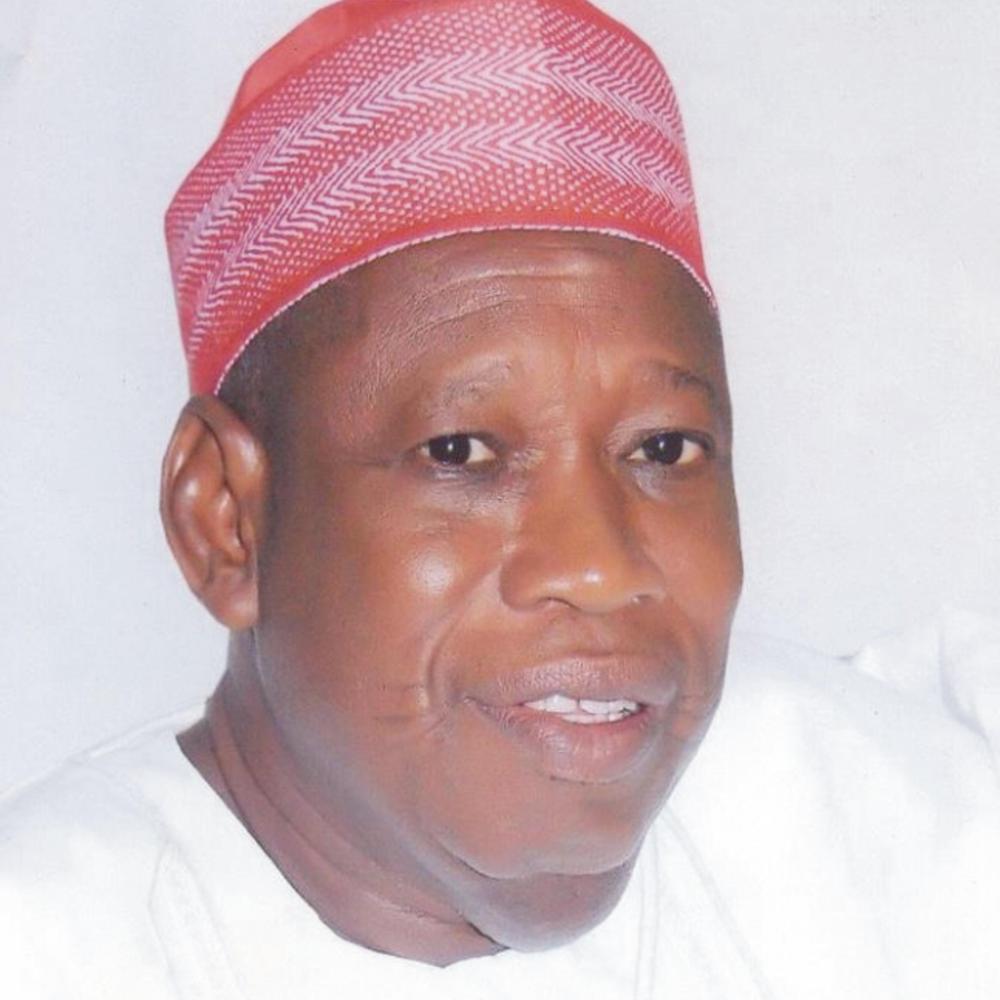
Group photo of PACFaH partners during the visit to the Chairman Committee Healthcare Services (4th from left) at National Assembly, Abuja
The Chairman House of Representatives Committee on Healthcare Services, Hon. Chike John Okafor has said his Committee would establish constructive collaborate with Partnership for Advocacy in Child and Family Health (PACFaH) to work out the modality for effective oversight on the child and family health component of the 2016 budget.
The Chairman made this known during advocacy visit to the Committee
by Civil Society Legislative Advocacy Centre (CISLAC) under the aegis of
PACFaH.
He described as paramount to child and family health in the
country, the four issues—family planning, nutrition, routine immunisation and
childhood killer diseases, of PACFaH, stating that the Committee will give them
deserved attention through adequate oversight to ensure timely release and
judicious utilisation of their related fund as appropriated in the budget.
Speaking during the visit, Project Director, Association for
the Advancement of Family Planning (AAFP)-PACFaH, Mrs. Chinwe Onumonu explained
that a woman’s ability to space and limit her pregnancies has a direct impact
on her health and well-being as well as on the outcome of each pregnancy.
In the submission to the Committee, she noted: “Women
constitute a large proportion of this population. 2006 census estimates that there
are about 68 million females in Nigeria; out of this, 30 million are of
reproductive age (15-49 years). About 6 million of this population becomes
pregnant each year with about 5 million resulting to child births.
“576 women out of every 100,000 live births, die as a result
of these pregnancies and childbirths. This figure translates to 111 women and
young girls dying daily or 5 women every hour. Up to 30% of these are deaths
can be prevented by increasing access to and uptake of contraceptives.”
While the country records 16% unmet need for family planning,
Mrs. Onumonu lamented that contraceptive prevalence rate (mCPR) has remained
the same at 10%, for the past 10 years with a marked difference between the urban
and rural areas (17% and 6%), stating that the low level of contraceptive use
contributes to Nigeria’s poor maternal and child health status and accounts for
the high total fertility rate of almost six children per woman and the high
population growth rate of 3.18% negatively impacting on the high total
fertility rate of almost six children per woman and the high population growth
rate of 3.18%.
“We are graciously asking you as a law maker to use your power
of scrutiny and oversight to support the fulfilment of the Nigeria government
commitment to: the National Health Act (2014) stipulation to allocate 1% of the
consolidated revenue fund for the purpose of basic healthcare provision fund; London
Commitment of achieving a contraceptive prevalence rate of 36% by 2018 to enhance
maternal and child survival.
“Specifically, use your oversight function to ensure that the
budget for FP in this 2016 is released timely and used for the purpose it is
meant; and ensure that the 2017 budget provides adequately for
operationalization of the Nigeria Family Planning Blueprint,” she added.
On Childhood Killer Diseases, the Program Director stated
that in Nigeria, pneumonia and diarrhoea remain major killers of children under
5 years, accounting for about 400,000 preventable deaths, annually.
She said: “While an estimated 6.7 million cases of childhood
pneumonia are reported annually, Nigeria reportedly has the second largest
burden of the disease after India which has about ten times Nigeria population.
Pneumonia and diarrhoea are estimated to constitute 16% and 19% respectively of
all causes of death in children below the age of 5.”
Mrs. Onomonu urged the Committee to ensure that specific
budget lines are created for the procurement of the drugs (Amoxicillin DT for
Pneumonia; and Zinc-LO-ORS for Diarrhoea) in the 2017 Health budget; and the
procurement of the aforementioned drugs (Amoxicillin DT and Zinc-LO-ORS) is
included in the possible supplementary Health Budget for 2016.
Also, the program Manager, Civil Society Legislative Advocacy
Centre (CISLAC), Chioma Kanu, urged the Committee on prompt oversight to ensure
fulfilment of various commitments by government under existing counterpart arrangements
to adequately fund child and family health in the country.
As part of submission to the Committee she explained that as
Nigeria graduates from GAVI support by 2022, the legislature should consider supporting
the executives to ensure sustainability in the funding for routine immunisation
to avert resurgence of polio virus.
While speaking on nutrition, the Program Manager recounted
that malnutrition among women and children remains a major challenge to health
and human development of any country. “Malnourished
children have an increased risk of disability and premature death and are
highly predisposed to infectious diseases. Nigeria has one of the highest
burdens of malnutrition in Africa and globally. We urge this Committee on
effective oversight to ensure adequate provision and approve funding for
nutrition, create budget line for nutrition in the annual budget with adequate
oversight on nutrition budget,” she urged.


